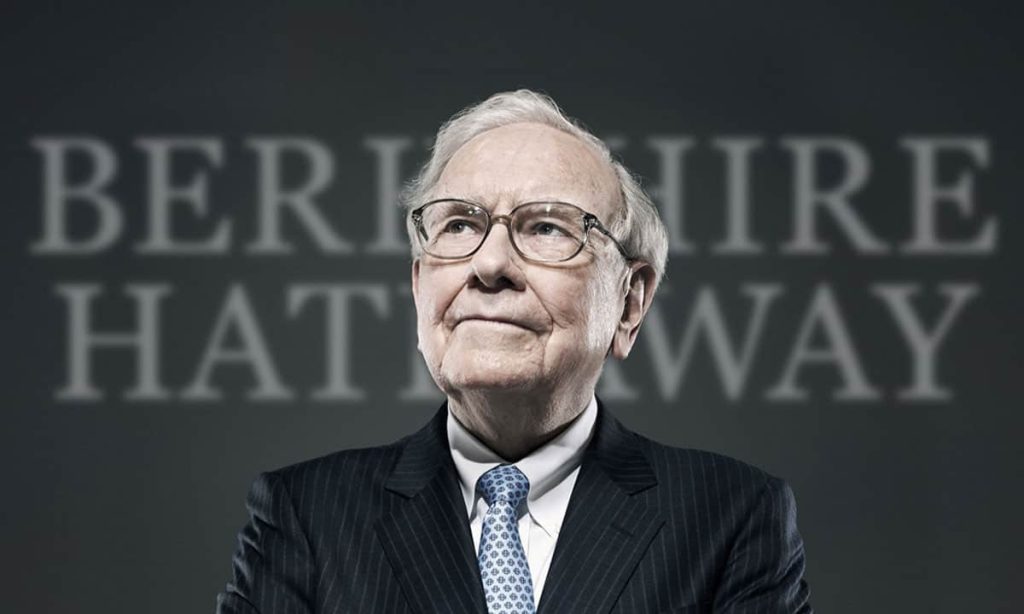
Warren Buffett, the legendary investor and CEO of Berkshire Hathaway, has officially stepped down, marking the end of an era. For decades, Buffett has been synonymous with value investing, long-term strategy, and financial wisdom. His departure raises a crucial question: What’s next for Berkshire Hathaway?
Buffett’s Legacy: A Titan of Finance
Buffett transformed Berkshire Hathaway from a struggling textile company into a financial powerhouse worth over $1 trillion. His investment philosophy—buying undervalued companies with strong fundamentals and holding them for the long haul—has shaped the firm’s success. His ability to navigate economic downturns, identify high-quality businesses, and deploy capital efficiently made him one of the most respected figures in finance.
Beyond Berkshire Hathaway’s financial success, Buffett’s leadership has been deeply rooted in integrity, patience, and long-term thinking. He resisted short-term market fads and speculative investments, choosing instead to invest in companies with strong management and competitive advantages. His emphasis on shareholder value, honesty, and transparency earned him the trust of millions of investors worldwide.
Buffett’s annual letters to shareholders became legendary, offering insight into his investment strategies, market observations, and financial philosophy. These letters weren’t just informative—they became guiding principles for investors seeking wisdom in navigating the complexities of financial markets. His departure signals the end of an era, but his philosophies will remain foundational in Berkshire’s operations.
The Transition to Greg Abel: Continuity or Transformation?
Buffett’s successor, Greg Abel, has been groomed for this role for years. As vice chairman overseeing non-insurance operations, Abel has played a key role in Berkshire’s growth. His leadership style aligns with Buffett’s principles, emphasizing long-term value creation and disciplined capital allocation. Investors can expect continuity rather than drastic changes—Berkshire’s DNA remains firmly embedded in Buffett’s philosophy.
However, Abel’s transition comes at a critical juncture. The global economy faces uncertainties, market dynamics are evolving, and Berkshire Hathaway must adapt while maintaining its foundational investment principles. Abel’s background in energy and infrastructure investments brings a fresh perspective, which may shape Berkshire’s future strategic decisions.
Unlike Buffett, Abel does not have the same cult-like following among investors. This means his decisions and strategic direction will be scrutinized even more closely. While Berkshire’s decentralized structure allows its subsidiaries to operate independently, Abel must prove his ability to lead and allocate capital effectively in a post-Buffett era.
Challenges Ahead: Navigating a New Era
Despite Berkshire’s strong foundation, Abel faces several challenges:
Maintaining Investor Confidence
Buffett’s presence reassured shareholders for decades. His calm demeanor during economic downturns and ability to identify undervalued opportunities set Berkshire apart. Abel must prove he can uphold Berkshire’s legacy while adapting to modern financial challenges. Investors will watch closely to see whether Abel maintains Buffett’s disciplined approach to acquisitions and portfolio management.
Capital Deployment Strategies
With billions in cash reserves, Berkshire’s approach to capital deployment remains critical. Buffett often lamented that finding attractive opportunities for Berkshire’s massive cash hoard had become increasingly difficult. Abel will need to determine how to allocate this capital efficiently—whether through acquisitions, share buybacks, or investments in high-growth sectors.
Market Volatility and Economic Uncertainty
Navigating economic downturns, rising interest rates, inflation concerns, and shifts in consumer behavior will be a test for Berkshire Hathaway under Abel’s leadership. Buffett had a remarkable ability to stay patient during market crashes, buying distressed assets and profiting when markets recovered. Abel’s approach in responding to economic volatility will reveal whether Berkshire remains resilient in uncertain times.
Innovation and Adaptation
While Buffett favored traditional value investing, the market is shifting toward technology-driven investments. Berkshire’s limited exposure to high-growth tech stocks has sometimes been criticized. Will Abel embrace more technology investments, or will he continue Buffett’s cautious stance toward rapidly evolving sectors?
Succession and Leadership Stability
Abel’s appointment provides stability, but the broader question of Berkshire’s long-term leadership remains. Buffett’s influence was irreplaceable, and no single individual can fully replicate his presence. The question of succession planning beyond Abel is something investors will continue to monitor.
The Road Ahead: Berkshire Without Buffett
Buffett’s departure doesn’t signal the decline of Berkshire Hathaway—far from it. The company remains financially strong, with a diversified portfolio spanning insurance, energy, railroads, consumer goods, and financial services. The principles Buffett instilled—patience, discipline, integrity—will continue to shape Berkshire’s future.
However, this new chapter requires careful navigation. Abel’s leadership will determine how Berkshire evolves in a fast-changing market. Will he maintain the status quo or embrace new investment opportunities and modernization efforts?
One thing is certain: the absence of Buffett creates a unique moment in history, where Berkshire Hathaway must prove that its success is not solely reliant on one individual. Investors will be watching closely to see how the firm adapts, thrives, and continues the legacy Buffett built over decades.
